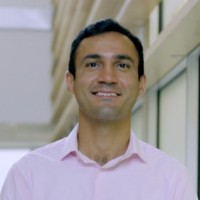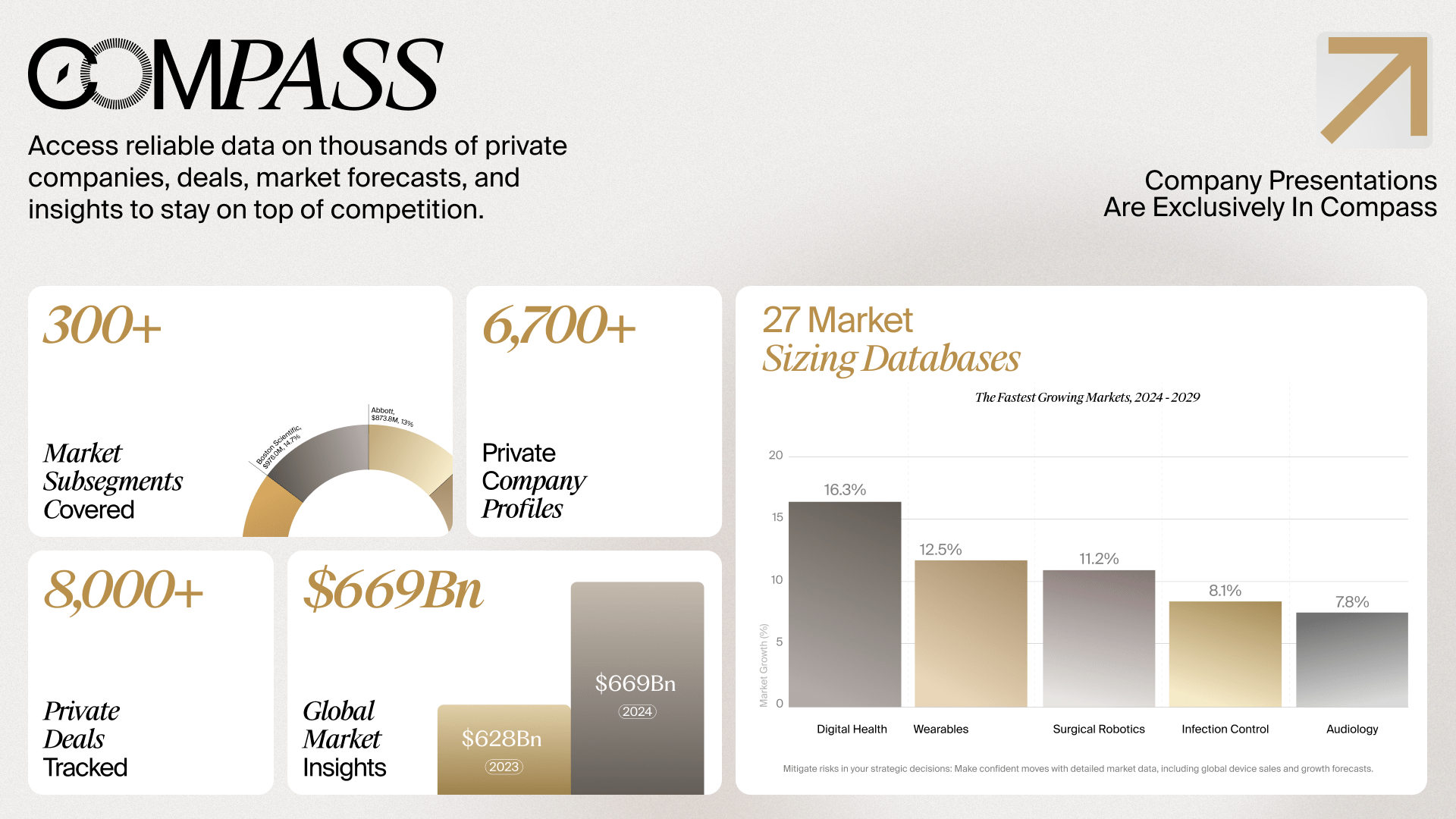- Video Library
- NovaResp Technologies | Hamed Hanafi, President & Director
NovaResp Technologies | Hamed Hanafi, President & Director
shaping the future of
Medtech at LSI USA ‘26
Waldorf Astoria, Monarch Beach

Hamed Hanafi
PhD in Biomedical Engineering, currently involved in research, development and commercialization of medical devices, with focus on monitoring of lung health specifically on anesthesia/ventilation circuits with application in diagnosis and treatment of disease.
Hamed Hanafi
PhD in Biomedical Engineering, currently involved in research, development and commercialization of medical devices, with focus on monitoring of lung health specifically on anesthesia/ventilation circuits with application in diagnosis and treatment of disease.

17011 Beach Blvd, Suite 500 Huntington Beach, CA 92647
714-847-3540© 2026 Life Science Intelligence, Inc., All Rights Reserved. | Privacy Policy







